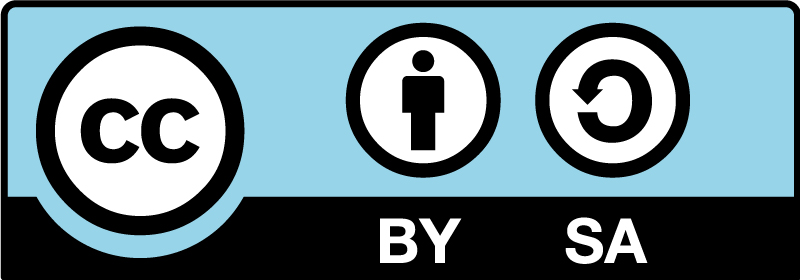Best Practices in Open Research
Open sharing of research results, methods and data is central to scientific practice, and stimulates new forms of communication and collaboration. Today many funding agencies are mandating open access to the products of scholarship, accelerating research and learning and increasing the impact universities can have beyond their walls.
Benefits to researchers
Open research practices increase exposure to your publications, which can help secure your next grant and build your scholarly network.
Open sharing of scientific outputs, data, and methodology promotes wider evaluation and scrutiny by the scientific community, encouraging greater reproducibility and integrity of research results. In this sense, openness contributes to maintaining science’s self-correcting principle.
Open access to research outputs improves the efficiency of the scientific system by reducing duplication and costs of creating and reusing data; allowing more research from the same data; and multiplying opportunities for public participation in the research process.
Global impact results by addressing challenges that require coordinated international actions, such as climate change or disease outbreaks. Solutions are identified more rapidly and access to knowledge is democratized.
Innovation and knowledge transfer: Open science reduces delays in the re-use of the results of scientific discovery, promoting a swifter path from research to producing new products and services. It enables connectivity between researchers and policy-makers to improve outcomes in public organizations.
Demonstrating impacts beyond the academy can build institutional funding and recruitment power.
How can I make my research practice more open?
Researchers should regularly evaluate their practices with a view to making them more open and transparent. Consider to what degree you:
- Stay informed about funding agency requirements for making research results (publications, data) openly accessible
- Keep current on emerging standards for reproducible research such as the Transparency and Openness Promotion (TOP) Guidelines, the National Institutes of Health (NIH) Rigor and Reproducibility: Principles and Guidelines, the American Statistical Association (ASA) Recommendations to Funding Agencies for Supporting Reproducible Research, CONSORT-SPIRIT guidelines for reporting randomized trials, among others
- Consider pre-registering your study. This helps to claim your idea, differentiate it from related inquiries, and identify potential collaborators. Platforms such as the Open Science Framework (OSF),Clinicaltrials.gov/ and AsPredicted all support pre-registration.
- Document your research protocols using tools such as Protocols.io
- Communicate through effective public engagement and knowledge translation, e.g., narrative impact summaries
- Maintain a robust online profile, using tools such as ORCIDs, DOIs and social platforms such as ResearchGate
- Incorporate open science tools and open educational resources (OERs) in your classroom teaching
- Use local institutional supports for making publications, data, code, and other research outputs publicly available
- Advocate at your institution and in your discipline for recognition of open scholarship in promotion and tenure
- Explore alternative research metrics, e.g., Next Generation Metrics: Responsible Metrics and Evaluation for Open Science
UBC Library can help
Connect with UBC librarians specializing in research data management, open access, and new forms of scholarly dissemination. Contact us for a consultation or see our menu of workshops and events.
Librarians also offer workshops in conducting systematic reviews which are used in knowledge translation and known to enhance the reproducibility of research.
Some text on this page was adapted from What are the Benefits of Open Science?, created by Gema Bueno de la Fuente and licensed under a Creative Commons Attribution 4.0 International License.

With the exception of the images, the content on this website is licensed under a Creative Commons Attribution-ShareAlike 4.0 International License.


